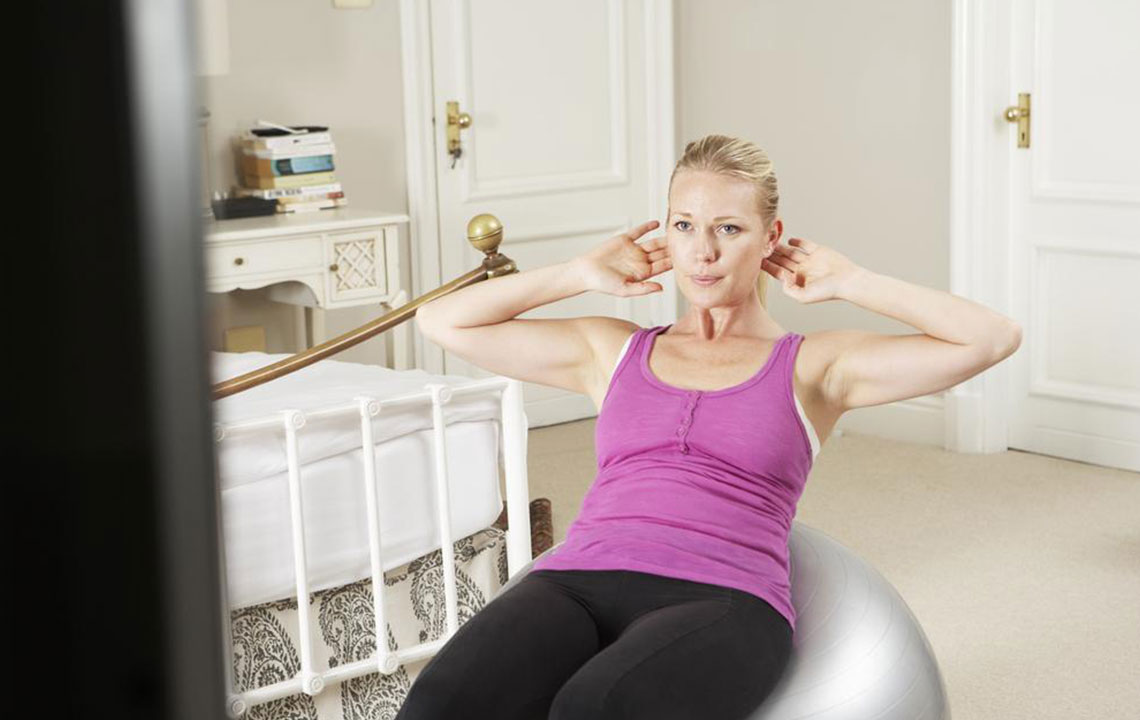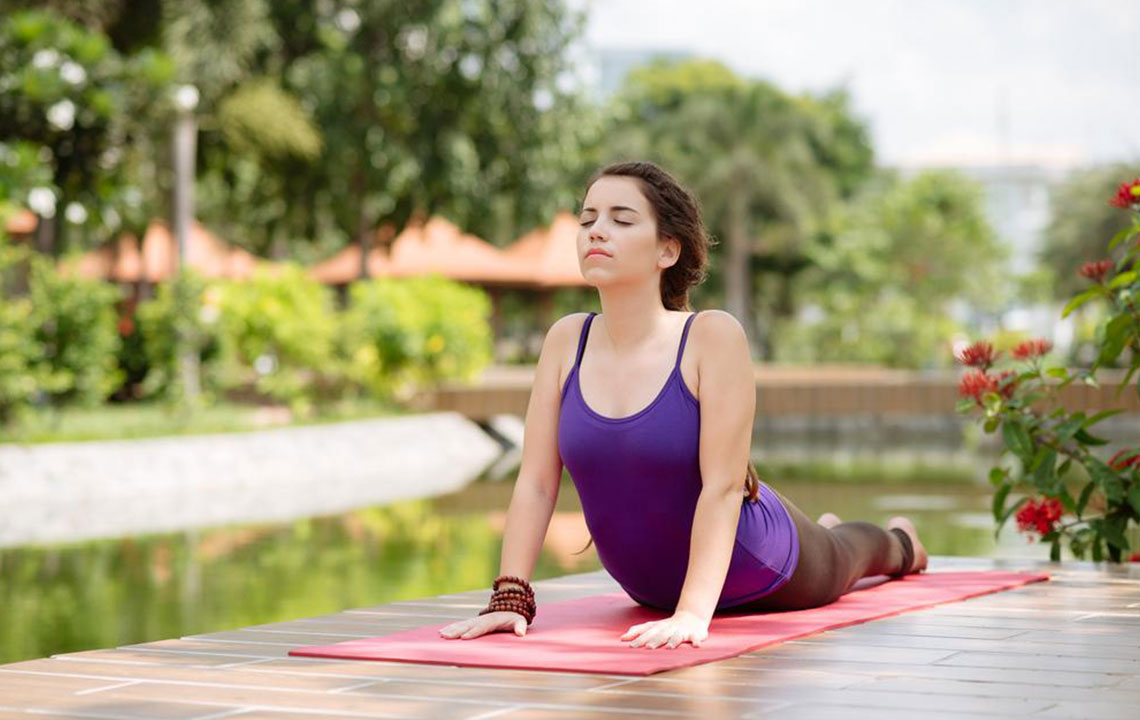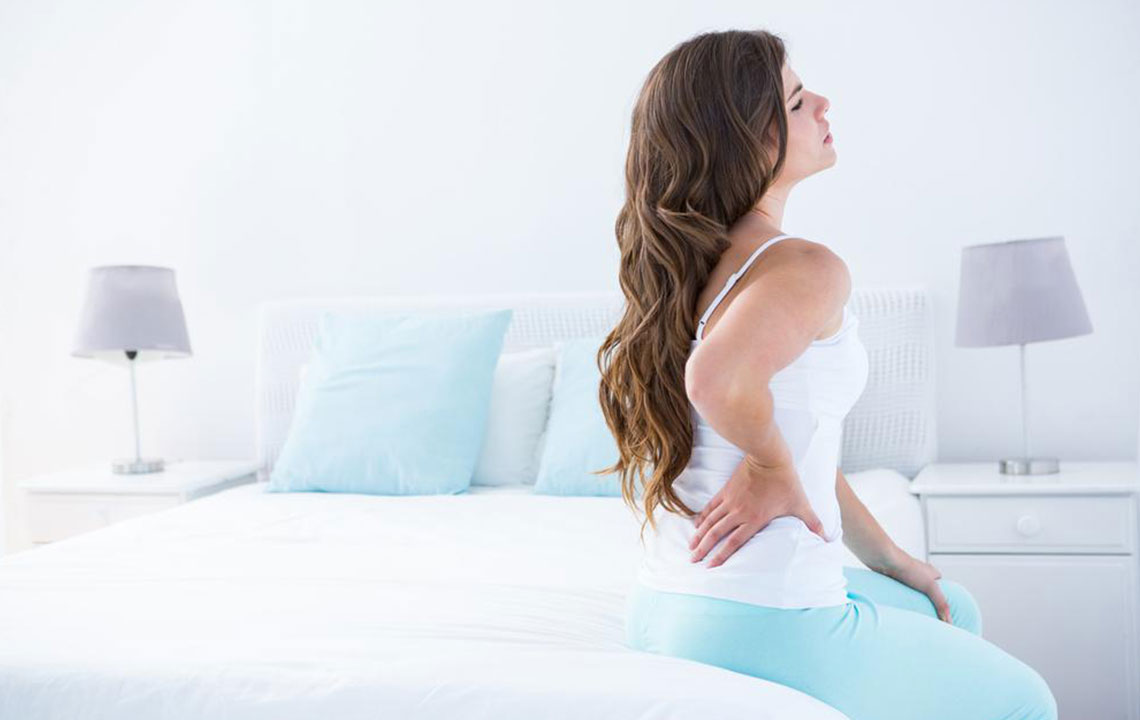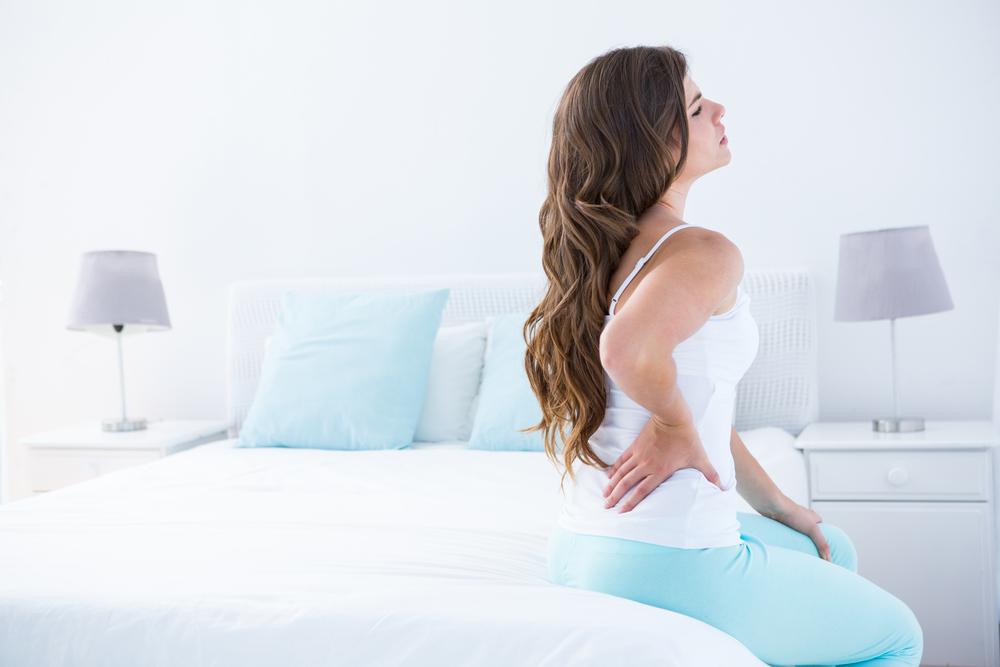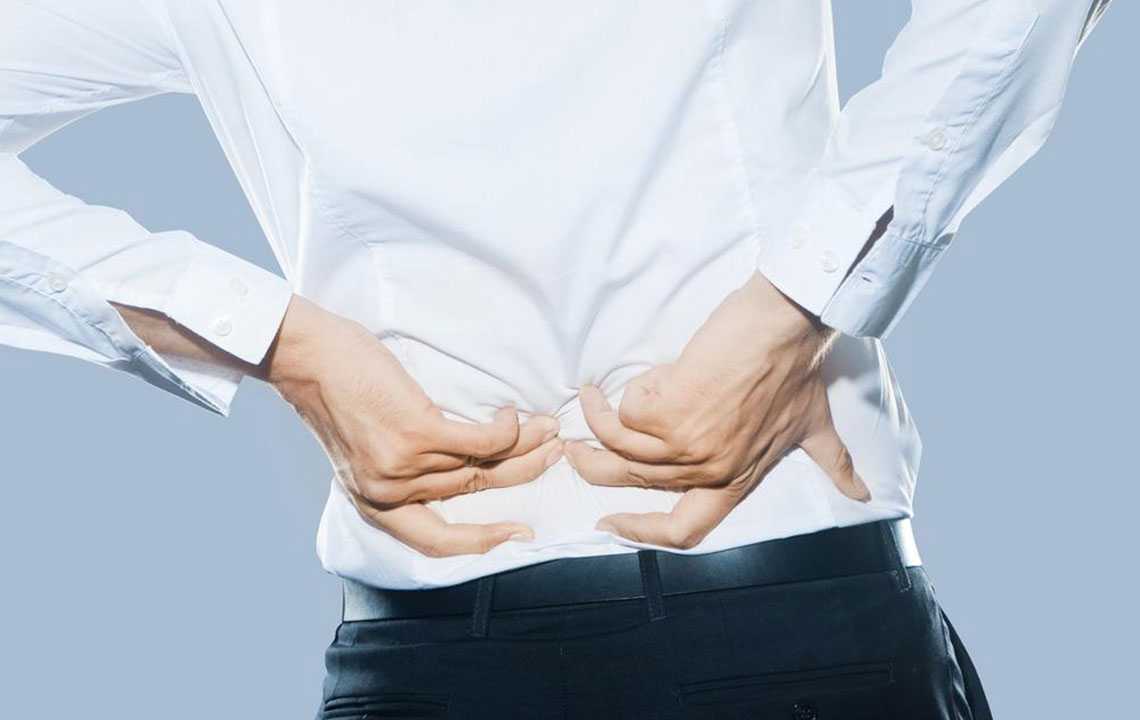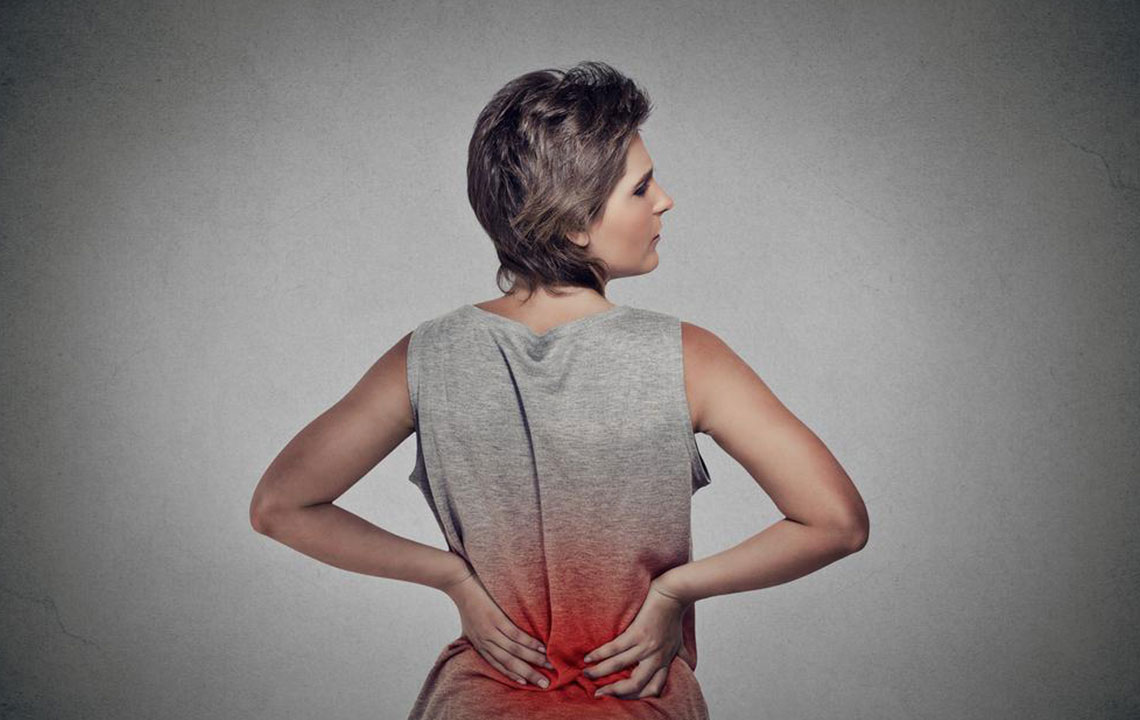Effective Strategies to Alleviate Back Discomfort
Discover effective methods to relieve back pain, including hot and cold therapy, proper posture, and suitable footwear. Learn how lifestyle changes and gentle exercises can promote back health and when to seek medical attention for persistent discomfort.

Effective Strategies to Alleviate Back Discomfort
Experiencing back discomfort can develop gradually or appear suddenly, affecting daily activities and worsening without prompt treatment. Common causes include poor posture, musculoskeletal issues like arthritis, trauma, and improper lifting techniques. Here are some practical tips to help reduce back pain effectively.
Cold and heat therapy: Applying a cold pack can soothe lower back pain by numbness and reducing tissue temperature. Alternating with heat packs enhances blood flow and accelerates healing. Limit each application to 15 minutes to avoid skin damage.
This approach helps control swelling caused by fluid buildup. Additionally, gentle stretching exercises are vital, particularly if you spend long hours seated. Stand periodically to stretch muscles, arch your back, and rotate your neck. Incorporating yoga stretches can significantly alleviate discomfort.
Opt for low heels: Wearing heels under 1 inch reduces strain on your lower back, promoting proper posture and decreasing pain. High heels intensify pressure on the spine, so choosing comfortable footwear is recommended.
Maintain good posture: Proper alignment is key. Keep your back straight while standing, sitting, or walking—imagine a string pulling your chest upward. When bending, bend at the knees rather than the waist, especially during lifts.
Prioritize quality sleep: Adequate rest is essential for muscle repair and pain relief. Aim for at least 8 hours of restful sleep on a supportive mattress. Using pillows under the knees or back can improve comfort while resting.
If pain persists beyond a few days or worsens, consult a healthcare professional immediately. Be alert for symptoms like loss of bladder control or leg weakness, indicating urgent medical attention is needed.

